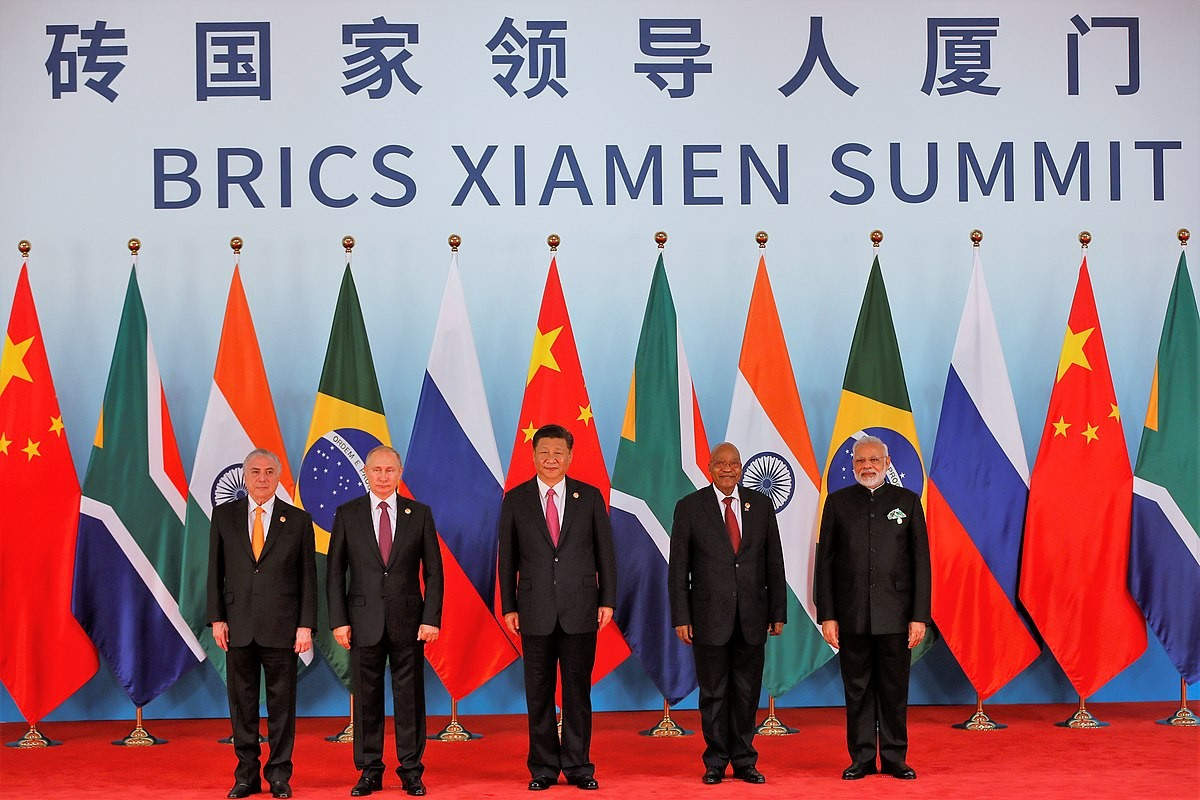Some forty world leaders are converging on Russia for a summit that could redefine the international geopolitical balance.
Is Vladimir Putin isolated? Not in the least. On this Tuesday, October 22, Kazan becomes the epicenter of an alternative diplomacy in which Vladimir Putin plays the role of master of ceremonies. The event brings together the BRICS countries and their new allies, representing almost half the world’s population.
A summit in the guise of a show of force
The city of Kazan is set to host a major diplomatic event, bringing together leading figures such as Xi Jinping, Narendra Modi and Recep Tayyip Erdogan. The only notable absence is Brazilian President Lula, who has been detained for health reasons. This assembly, representing over a third of the world’s GDP, is a testament to Russia’s ability to maintain its diplomatic influence.
Ambitions that go beyond a simple meeting
The summit has a number of concrete objectives:
- The creation of an alternative payment system to Swift
- The potential establishment of a common currency
- the adoption of common positions on international crises, particularly in the Middle East
A message to the West
This major diplomatic event is an opportunity for Moscow to demonstrate its continuing influence on the international stage. The presence of numerous leaders alongside Vladimir Putin is a clear message that a significant part of the world continues to regard Russia as an essential partner, despite tensions with the West.
The success of this summit could mark a turning point in the BRICS organization, transforming what was previously an informal club into a structured alliance capable of counterbalancing traditional Western organizations.
Putin calls for an alternative to the US dollar
At the opening of the fifteenth BRICS summit in Kazan, the Russian president reaffirmed his desire to free himself from the dollar’s domination of international trade. On Tuesday, Vladimir Putin held talks with Dilma Roussef, President of the New Development Bank. At the heart of the discussions: the need to diversify the currencies used in trade between member countries.
A desire to reduce dependence on the dollar
Faced with the financial sanctions imposed since the offensive in Ukraine in 2022, Russia is actively seeking to reduce its dependence on the greenback. This is one of the major issues at stake at the summit, although the idea of a single currency seems unrealistic in the short term.
Alternatives under discussion
According to Bruno Cabrillac, Managing Director of the Fondation pour les études et recherches sur le développement international, a composite reserve currency could be a first step. “It wouldn’t be a true common currency, but it would enable us to try to escape US sanctions,” he points out.
The potential of crypto-currencies
Economist Alexandre Kateb suggests another avenue: the use of cryptocurrencies and blockchain. “The aim would be to build a coherent system with institutions and technical standards that could provide an alternative to the dollar,” he explains. These direct exchanges between national currencies, such as the ruble and yuan, are already a reality.
However, Vladimir Putin himself has tempered expectations by admitting that a single BRICS currency is not yet a reality, despite the growing importance of de-dollarization on the global economic agenda.
Reducing dependence on the dollar could enable BRICS members to become resistant to Western sanctions, both now and in the future , writes the "New York Times". pic.twitter.com/jZyjX6frhb
— S p r i n t e r (@SprinterFamily) October 22, 2024
🔴 BRICS vs G7 pic.twitter.com/s1qiStI3Jl
— Péonia (@Galadriell__) October 20, 2024

